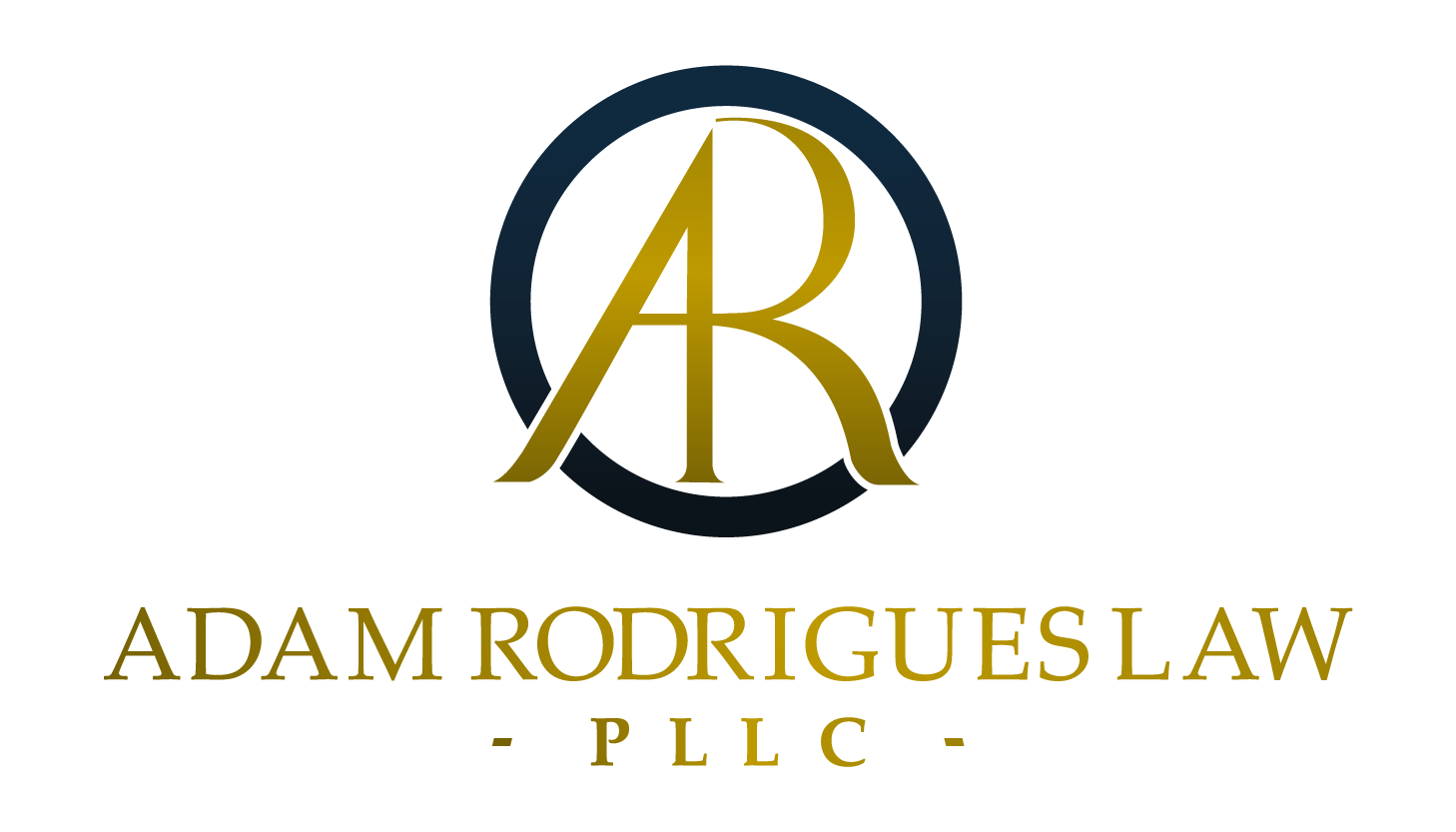
Federal Criminal Appeals
Your first option for challenging your federal conviction is to appeal your decision directly to the circuit court in which your federal district is located. There are 13 federal circuit courts in the United States. To use one example, Tennessee is in the 6th circuit, so if you were convicted in the Western, Middle, or Eastern District court of Tennessee, your appeal would go to the 6th circuit panel of judges for review.
Your attorney ought to have preserved your right to appeal either at the end of the trial or at the conclusion of the plea negotiations. They would have had 14 days from when your case became “final” to file this notice.
If by chance your attorney failed to file such a notice and there were grounds of appeal on your case, that failure itself could qualify as ineffective assistance of counsel and could be grounds for post-conviction relief.
If you went to trial, you are able to appeal anything that was preserved during the trial, meaning anything your attorney objected to on the record. In addition, there are other more fundamental constitutional issues you can challenge on appeal regardless of whether or not they were officially preserved on the trial record.
If you pled guilty, you waived most of your grounds for appeal. However, you can still appeal your conviction on the grounds of ineffective assistance of counsel, although that route is typically better pursued through filing a post conviction motion under U.S.C. 28 section 2255/2241/2254.
If you are in need of representation for your federal appeal representation, fill out our intake form. Questions? Contact us.

The information on this site is not legal advice. For legal advice, you would need to consult with an attorney regarding your specific situation. Licensed to Practice in North Carolina and Tennessee. For Federal Cases, Practicing Solely before Federal Courts and Agencies
